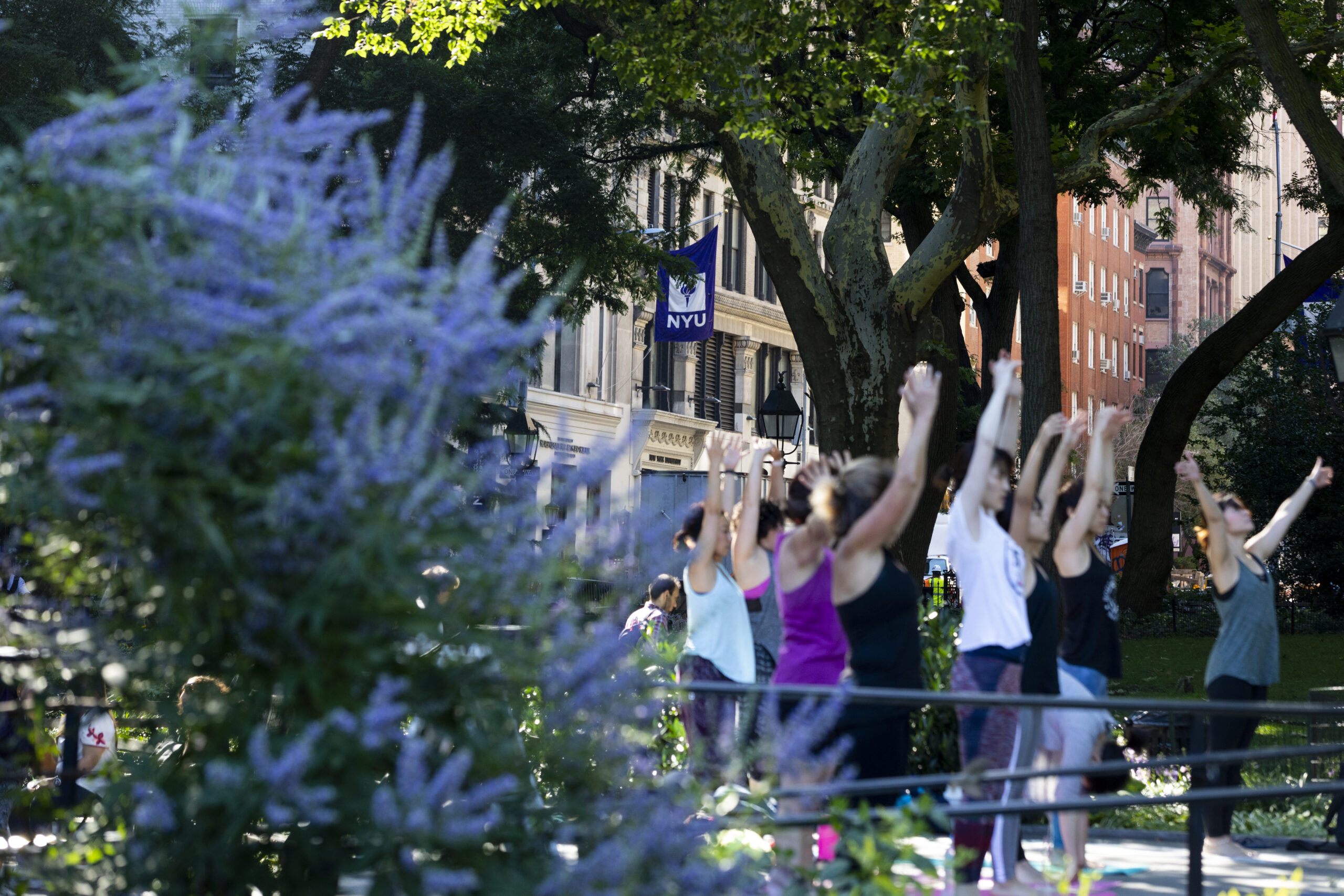Published March 08, 2024
How to Bounce Back After a Bad Grade as a College Student

Receiving a bad grade can be very discouraging. However, one bad grade isn’t the be-all and end-all of your overall performance in a class. I’ve actually had two classes where I bumped up two full letter grades between the midterm and the final! A bad grade can actually help you refocus on what you need to work on. But first, let’s take a break to help you truly bounce back.
First: Refresh

Taking a break will ensure a fresh start—even in the middle of the semester. Here are some things you can do to refresh your mind and well-being:
- Treat yourself to a snack or nice meal. There are plenty of food places around NYU:
- San Marzano
- Little Ruby’s Cafe West Village
- Panineria NYC Greenwich Village
- Klong
- Mudspot Restaurant
- Le Fournil Bakery
- Hang out with friends. Downtime and socializing with people you enjoy being around will help you feel better.
- Get moving. Take a short walk around your neighborhood, turn on some music and dance, or go to the gym. There are a number recreational events always happening on campus. Move around in a way that you enjoy!
We know some of these may seem obvious or unrelated to academic success, but trust us—a break is what you need and deserve!
Now You Can Restart

Now that you’ve taken a break and are refreshed (hopefully), it’s time to work!
First, reflect on your bad grade. Ask yourself what the causes of your performance were. Perhaps you didn’t know the material well or didn’t prepare enough beforehand for a test. Once you figure out what went wrong, develop a plan to improve your performance. This could mean using additional study resources or changing up the way you study.
Tips to Improve Your Performance
Stay up to date with your class. If you haven’t already, get acquainted with your class syllabus. It’s a great way to prepare yourself for success. Put important deadlines in your calendar like exams and projects. In addition, the syllabus goes over what topics will be covered and when. This will help you know when and how to start studying.
Designate a specific time to study. Either divide up time among your classes or between the topics of one class. A popular method for this time management is the Pomodoro Technique. If you have a project due in a few weeks, start dedicating time each day to that project. Start with a half hour the first few days, then increase the time to a couple hours as you get closer to the deadline. This will help space out the seemingly overwhelming amounts of material you have to cover. The more time you spend with material, the more familiar you’ll be with it.

Utilize your specific class’ resources. Go to your professor’s office hours! It might feel a little embarrassing or nerve-racking, but they are there to help you! This is the perfect time to dissect your grade and fully understand why you may have received that grade. Sometimes, the professor will review your previous exam and go over any questions. Ask any clarifying questions and ask for help to improve your performance. Additionally, there may be review sessions closer to the exam date that you can attend.
NYU’s University Learning Center (ULC) has a wide variety of resources to help with your academics like drop-in tutoring hours, study groups, and workshops for improving your overall study skills.
Try new study methods. Perhaps it’s the way you are studying that’s not optimizing your performance in the class. Some techniques you can try are active recall, mind mapping, and SQ3R (survey, question, read, recite, and review). And as we mentioned before, time management will help you improve.
You Got This!

During this time, remember to be patient with yourself and maintain a good work-life balance as well. Bouncing back from a bad grade can be stressful, but it is crucial to put your health and well-being first. Stay hydrated, eat foods that are good for you, and get enough sleep. Additionally, take breaks between study sessions and make schedules to map out both study and rest.
At the end of the day, this bad grade doesn’t determine the rest of your academic journey or worth.
Stay positive, stay focused, and stay kind to yourself.



